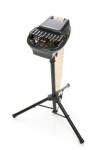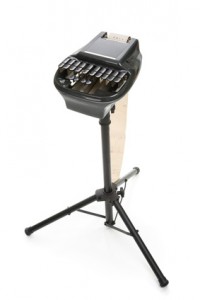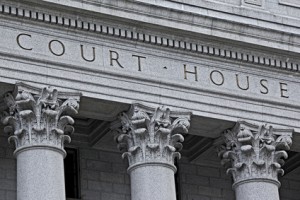
There is now in place an appellate procedure rule permitting substitution of parties on appeal. Rule of Appellate Procedure-Civil 12 went into effect on January 1, 2018
Under Rule 12:
- Substitution. If a party dies after the appellate court acquires jurisdiction of the case, the decedent’s representative may be substituted upon motion filed by the personal representative, any party, or the attorney for the deceased.
- Suggestion of death. If there is no personal representative, any party may file a suggestion of death on the record. Unless a substitution motion is filed within 90 days, the court may dismiss the appeal or take other appropriate action.
- Incompetency. If a party becomes incompetent, the party’s representative may be substituted on motion filed with the court.
- Public officers. When a public officer is a party in his or her official capacity and dies or otherwise ceases to hold office while the case is pending, the officer’s successor is automatically substituted.
Continue reading New Appellate Civil Rule 12: Substitution of Parties








